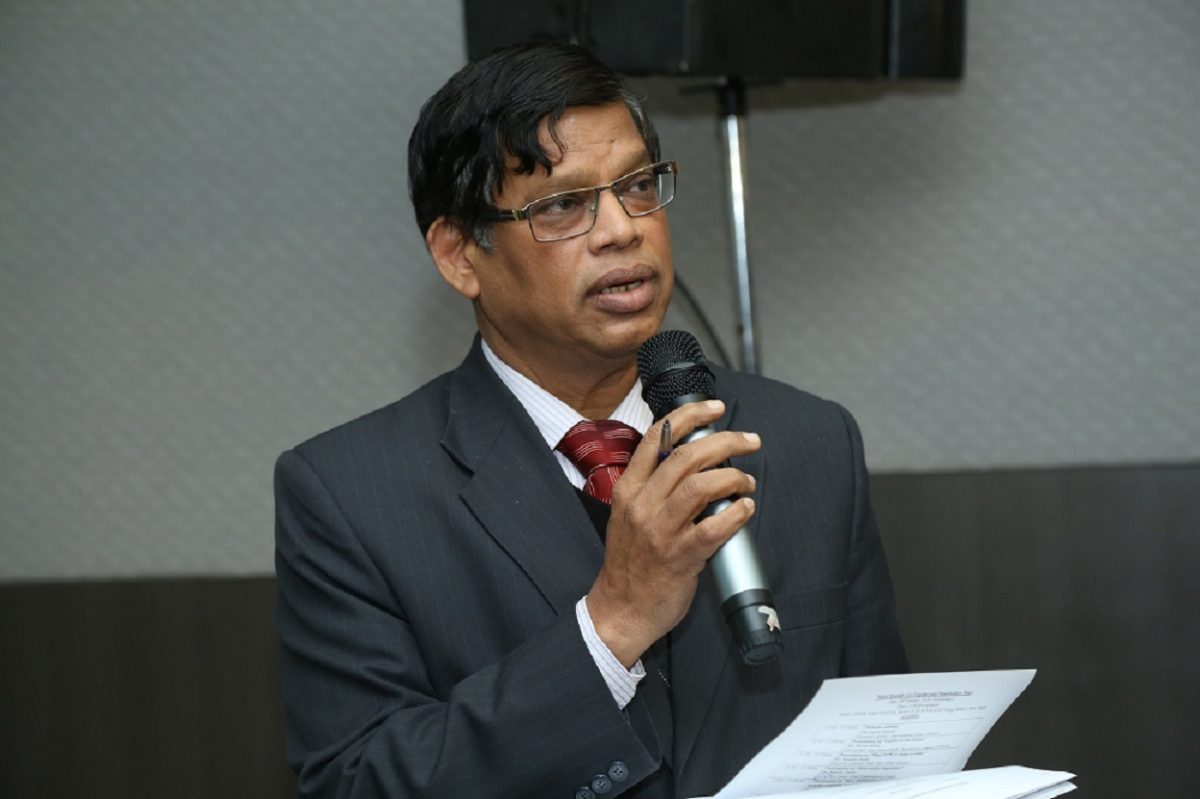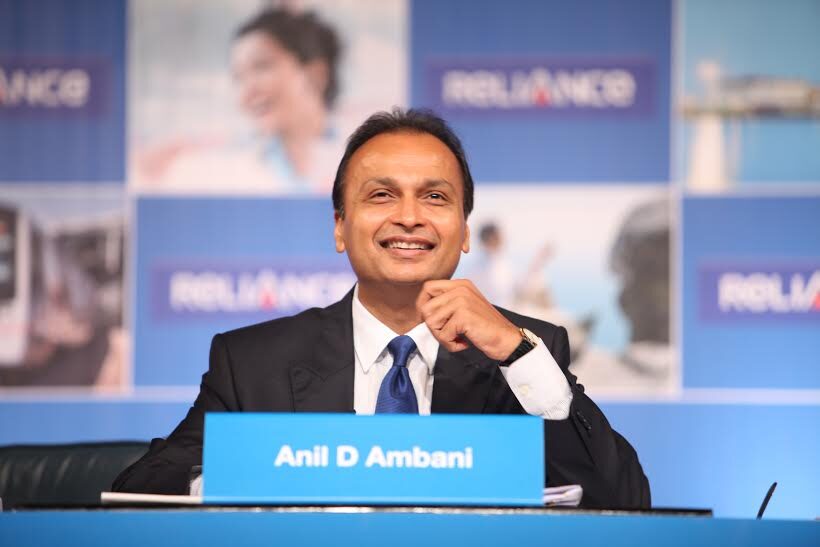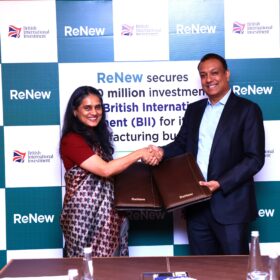In May 2016, for Common Risk Mitigation Mechanism (CRMM), ISA appointed a task force with the Terrawatt Initiative, Council on Energy, Environment and Water (CEEW), the Currency Exchange Fund (TCX) and the Confederation of Indian Industry (CII), and it submitted a pre-feasibility report.
Terrawatt Initiative wanted to create a platform, at a cost of around $20 million: “However, ISA budget was just $2.5 million a year, and what we could do, with ISA support, they could mobilize funds and perhaps put the platform. But, the conflict of interest arise, and meanwhile the World Bank has took over the idea of CRMM,” said Upendra Tripathy, Interim Director-General, ISA.
Tripathy further mentioned that ISA supported it, and the World Bank (WB) also gave $500,000 for conducting the feasibility study. However, the WB needed a lot more money to finish the study. “Last week, we discussed with WB, and they need two years to complete the feasibility study,” Tripathy revealed. He said that this is not in line with ISA philosophy.
He said that we are asking WB whether they can cut down the time to finish the study. However, adding to that, he said that WB is very particular that they have to study a lot of things, including where to locate this mechanism. India, France, or Luxembourg. Wherever it will be located, those laws will be applied. “Luxembourg is the best place in terms of flexibility,” he outlined. Additionally, the legal and technical issues have to be studied. “Therefore, we totally depend on the WB because they have to create this mechanism,” said Tripathy.
He mentioned that the WB has applied for a $1 million from clean technology fund, which is likely to come within two weeks. However, we are still worried about the time duration, and ask if they could finish the study in one year.
Tripathy also mentioned that ISA is looking at other innovative financial mechanisms from other countries and companies, giving examples of National Thermal Power Corporation (NTPC) Ltd and Solar Energy Corporation of India (SECI) Ltd payment security mechanism to prevent late payments to developers.
EIB to fund off-grid projects
Tripathy highlighted the magnanimous fund of $300 billion released through risk mitigation fund for infrastructure sector in Europe by European Investment Bank (EIB). He said that if this much money can be invested for Europe alone, then it can be run for the world for the renewable energy sector, to bring the global mean temperature to below 2°C. “That is what ISA is aiming, if it can be done in Europe, then we can do it for the world also,” he said.
Thus, recently, EIB inked an agreement with ISA. At the event, which pv magazine attended through live broadcast, Donal Cannon, Head of Regional Representation for South Asia, EIB, mentioned that, “We have been talking about developing an off-grid financing facility. However, we do not know very much about it, we do not know the scale of the facility. We do know that it would mean to support different kind of financial risks – foreign exchange risks, credit risks and so on.”
He pointed out that in the same way the CRMM is going to work, with specific focus on off-grid solar applications. “The idea would be to combine both the grant and debt finance, and make it available to financial partners to each of the ISA member countries,” Cannon said. However, he mentioned that we are in very early stage in developing this fund.
This content is protected by copyright and may not be reused. If you want to cooperate with us and would like to reuse some of our content, please contact: editors@pv-magazine.com.








By submitting this form you agree to pv magazine using your data for the purposes of publishing your comment.
Your personal data will only be disclosed or otherwise transmitted to third parties for the purposes of spam filtering or if this is necessary for technical maintenance of the website. Any other transfer to third parties will not take place unless this is justified on the basis of applicable data protection regulations or if pv magazine is legally obliged to do so.
You may revoke this consent at any time with effect for the future, in which case your personal data will be deleted immediately. Otherwise, your data will be deleted if pv magazine has processed your request or the purpose of data storage is fulfilled.
Further information on data privacy can be found in our Data Protection Policy.